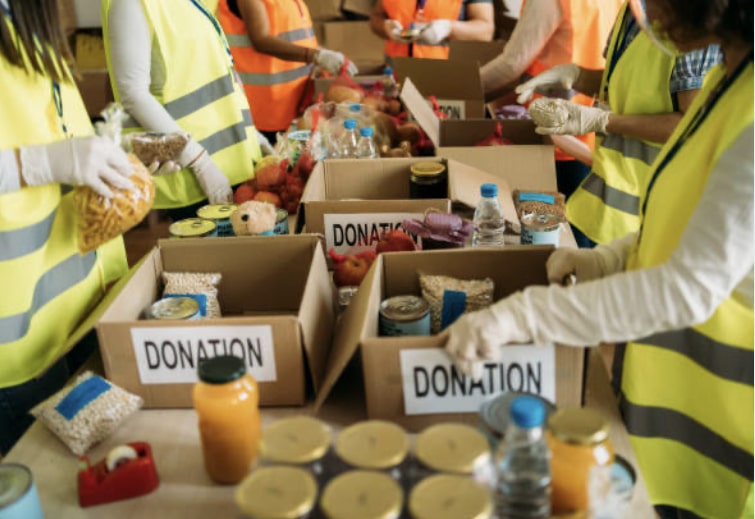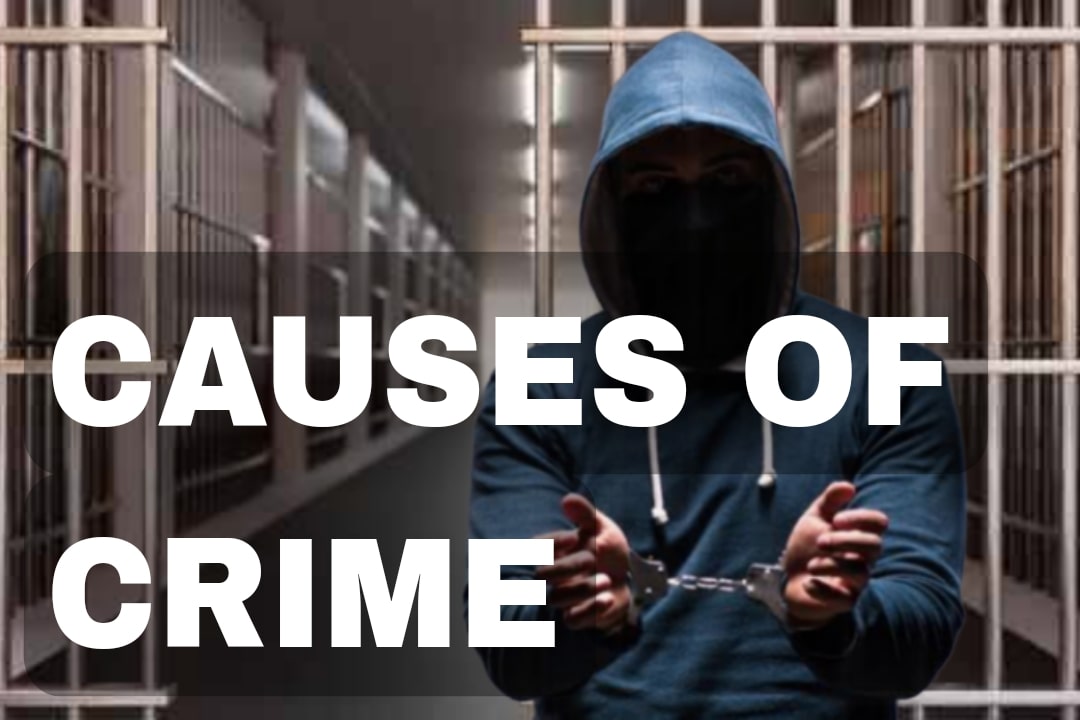Charity Fraud Schemes


Did you know that scammers are willing to capitalize on catastrophic events from natural disasters to overseas conflicts to empty your wallet?
Introduction
Charity, a noble concept rooted in compassion and altruism, becomes tainted when unscrupulous individuals exploit the generosity of well-intentioned donors. Charity fraud schemes have emerged as a disheartening reality, preying on the goodwill of people eager to make a positive impact. In charity fraud schemes, criminals pull on people’s heartstrings in hopes of transforming their compassion into cash. In this article, we’ll learn how charity fraud scams work, how to avoid being conned, and how to report suspected incidents to the Bureau.
Charity fraud scheme scammers uses email, crowdfunding, social media, and cold calling to solicit donations from the public. But instead of using those donations to help others, the creators of these fake organizations use the funds for personal gain or other illicit purposes. Even foreign terrorist organizations and their supporters have been known to use fraudulent fundraising to defraud victims into funding their operations.
According to the FBI’s Internet Crime Complaint Center, or IC3, these groups and their supporters have shared the same payment site in multiple spaces asking for charitable donations on one platform and soliciting funds to support terrorism on others.
Charity fraud schemes can happen anytime, but they tend to pop up more in the wake of major events. For example, recent public services announcements on ic3.gov warn people about schemes looking to capitalize upon the Israel-Hamas conflict, the 2023 earthquake that struck Turkey and Syria, and the crisis in Ukraine.
How to protect yourself from such fraud
You can protect yourself from these schemes by exercising a combination of healthy skepticism, financial caution, and cybersecurity.
First, only donate to established charities or groups whose work you know or trust. If an organization has a copycat name or a name similar to a reputable group, take caution. Likewise, if a new organization claims to help victims of recent high-profile disasters, be wary.
If you spot a red flag, you can visit the Federal Trade Commission’s Consumer Advice website at consumer.ftc.gov to learn how to vet a charity before giving them your money.
You should also pay attention to how a charity asks you to donate. If a group encourages donations via cash, gift cards, virtual currency, or wire transfers, it’s likely a scam.
Next, practice good cyber hygiene. If someone you don’t know emails or texts you, don’t click on any links or open any attachments they send you. You should independently verify any requests from persons or businesses that you may or may not be associated with.
Similarly, don’t fall for phishing schemes. If an email, robocall, or robotext asks for personal information or passwords, don’t respond.
Conclusion
Charity fraud schemes pose a significant threat to the integrity of philanthropy and the well-being of those in need. As a society, we must remain vigilant, educate ourselves about responsible giving, and demand increased accountability from both charitable organizations and regulatory bodies. By working together, we can protect the spirit of compassion that defines genuine acts of charity. You should report suspected charity fraud to the FBI’s Internet Crime Complaint Center, or IC3. To file a report, visit the ic3.gov homepage, click on “File a Complaint,” and follow the instructions outlined on the website.




